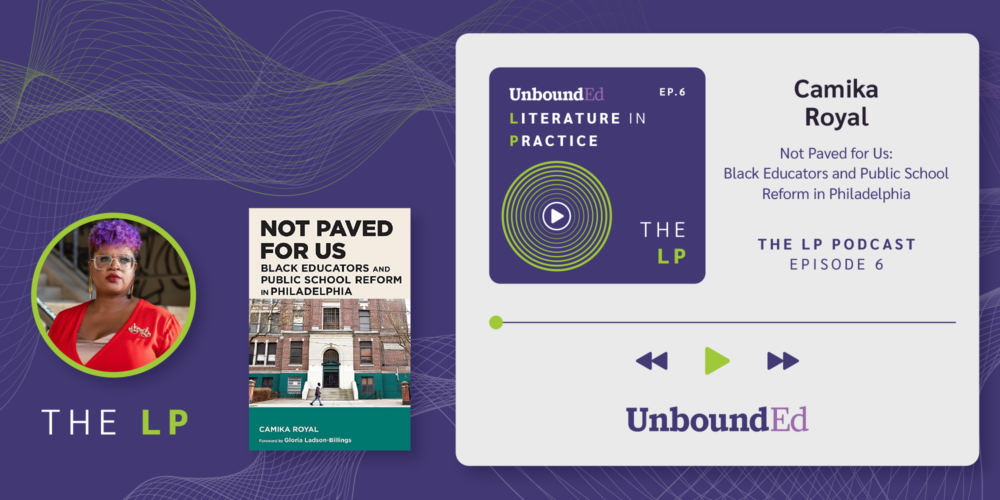Inequities in public schools today didn’t start during the pandemic. Until we understand the complex legacy of people, perspectives, policies, and practices that inform today’s people, perspectives, policies, and practices, it will be challenging to understand inequities in our systems and expand opportunities for educational justice. Dr. Camika Royal’s book Not Paved For Us: Black Educators and Public School Reform in Philadelphia is based in Philly, but it tells a widely-relatable story about public school system dysfunction, backlash, justice-seeking, and its impact on the students it is supposed to serve.
Key Takeaways
- James Clear said, “You do not rise to the level of your goals. You fall to the level of your systems.” Not only do I see that truth in what Dr. Royal has shared, but I also see how expectations about people inform the creation of systems, so it’s best to have the most equity-focused minds creating and remixing systems to the point that even the lowest level of our systems still promote consistently equitable teaching practices.
- We often talk about individuals having stories. A system’s story, our own system or another’s, helps us understand the co-dependent nature between people and policy and how that impacts our present and future.
- Anti-racist Black educators who want to educate their students often have to contend with the melodies of madness that exist in their systems and have to choose whether to nod, dance, or reject those melodies in their daily instruction and interaction with their students and colleagues.
- This allegorical history of Black Educators in the Philly School District prompts reflection on what kind of “fixing” is taking place when union and district leadership make policy decisions. Because the word “fix” has two definitions.” Is it a “repair and remedy” fix, or a “lock-in and make permanent” fix? Sometimes a decision is presented like a “repair and remedy” fix, but when you look at its impact, it only works to “lock in and make permanent” the inequities that have long existed in that system. Dr. Royal’s work helps us thread the needle in seeing where and how these systems “fix” themselves, but also creates the opportunity for us to use that same needle to prick our own conscience, so we can examine what our own roles are in that “fix.”
